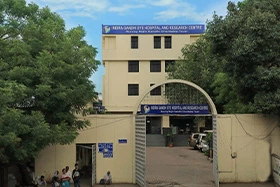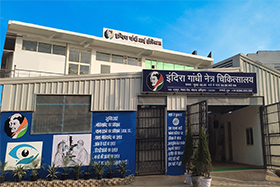Lasik has proven to be a safe and effective procedure worldwide. Deciding to undergo laser vision correction relies on a comprehensive preoperative evaluation. Each person’s eyes are unique, requiring detailed examination with advanced technology to determine suitability. It’s essential to know that not everyone qualifies for Lasik. Some basic requirements include:
- A stable eyeglass prescription for at least two years.
- Best corrected vision of at least 20/40.
- Healthy cornea
- No active eye disease.
- Over 18 years old





